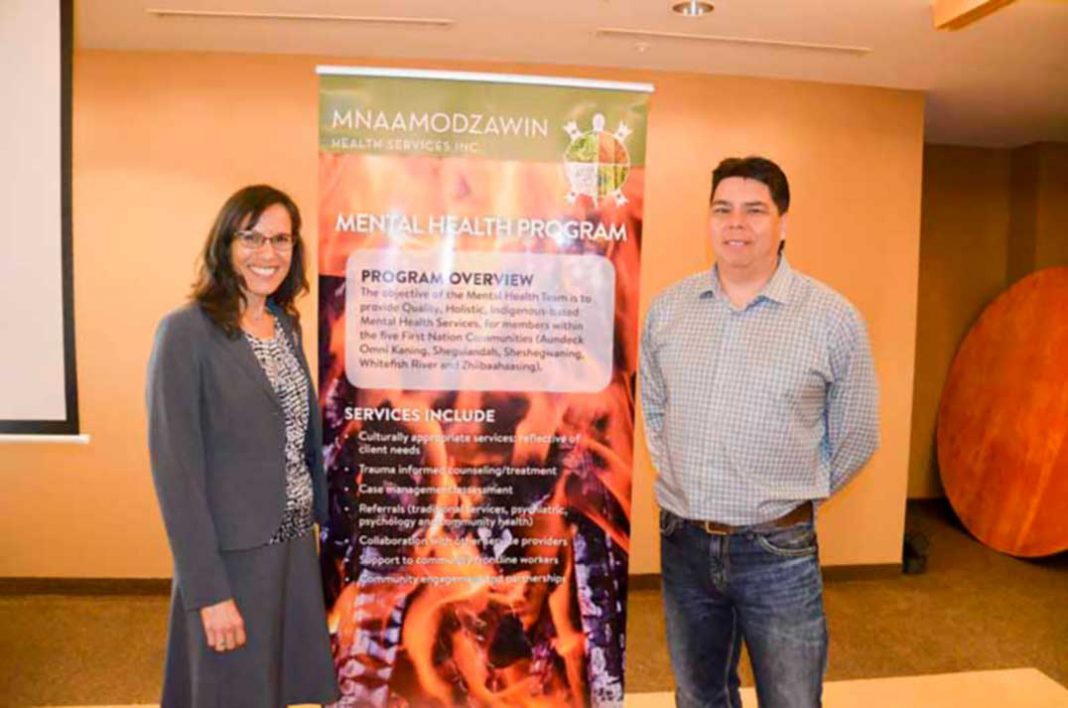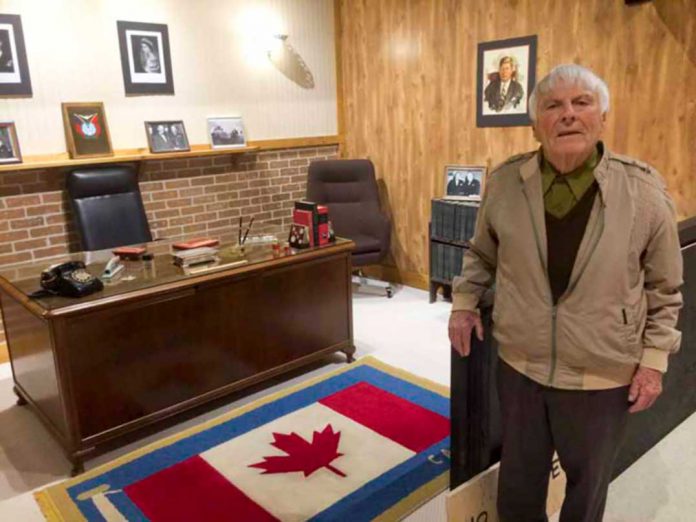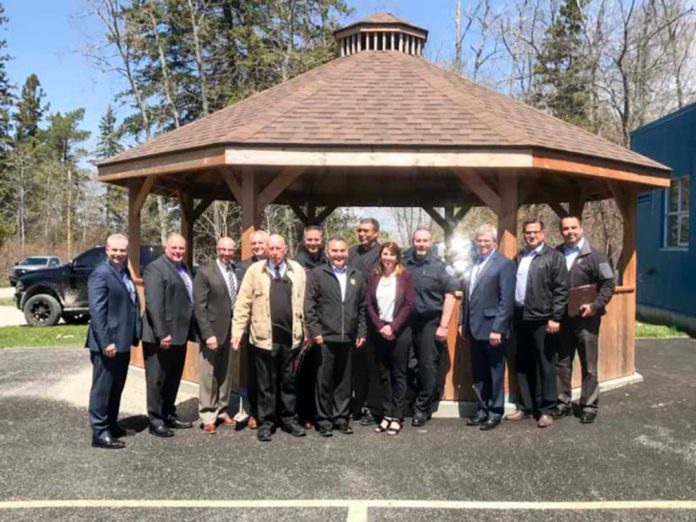LITTLE CURRENT—Nobody likes to be told what to do. So when it comes to convincing people to change their lifestyles, even when it is quite demonstrably and clearly for their own good, counsellors and health workers face an uphill battle should they choose to “tell” people what needs to change.
Psychology Professor Kamilla Venner was invited by Mnaamodzawin Health Services recently for a two-day workshop at the Manitoulin Hotel and Conference Centre on Motivational Interviewing, a therapeutic technique for helping people make changes in their lives that has proven very effective in the treatment of addictions such as smoking, drinking, eating and gambling. Prof. Venner also presented a talk at the Whitefish River First Nation community centre entitled ‘When Nagging Doesn’t Work.’
Prof. Venner works out of the University of New Mexico and specializes in presentations on Motivational Interviewing from an indigenous perspective. In her work, Prof. Venner has worked with indigenous populations in the US, Australia, New Zealand and Canada.
While the technique works well with just about any population, Motivational Interviewing is particularly well suited to working with indigenous groups as the methodology closely aligns with traditional ways.
“I am interested in bringing evidence-based treatments like Motivational Interviewing to indigenous communities, like First Nations, North American Indians, Maori and Australian aborigines because it really fits with their cultures,” said Prof. Venner. “(Motivational Interviewing) provides a really good way to effect change in people so that people can talk themselves into change.”
Utilizing techniques such as role playing, with front line counsellors alternating roles of counsellor and client, Prof. Venner demonstrated the unique effectiveness of Motivational Interviewing in not only drawing out better communications, but in engaging the client to create their own approach to instigating their own healthier lifestyle choices.
“We have seen Kamilla at other conferences and been very impressed with her work,” noted Mnaamodzawin Mental Wellness worker Craig Abotossaway. As a result, Mnaamodzawin determined that their communities could benefit from learning more about Motivational Interviewing techniques.
Prof. Venner has an impressive collection of letters appended to her name, including her doctorate from the University of New Mexico in Albuquerque and a clinical psychology internship at the University of California, as well as several pages of peer reviewed journal articles she has published in her career and a host of awards and accolades.
Throughout the two-day workshop series, participants learned how to craft effective open-ended questions, how culture can be added into the mix and the role that spirituality can play in effecting motivation for change.
Any parent can relate to the topics of dealing with ambivalence as well, as part of the training dealt with overcoming one-word responses and an adopted air of indifference.
“I have used it in dealing with my own child,” admitted Prof. Venner. The methodology is adaptive to a wide range of interpersonal interactions she notes.





